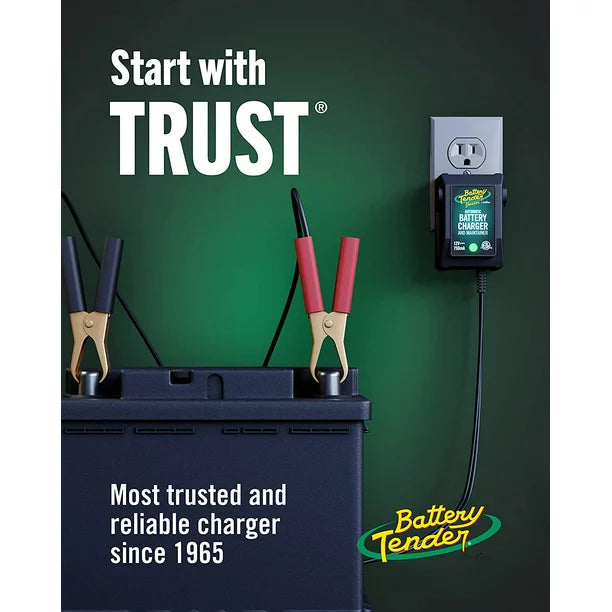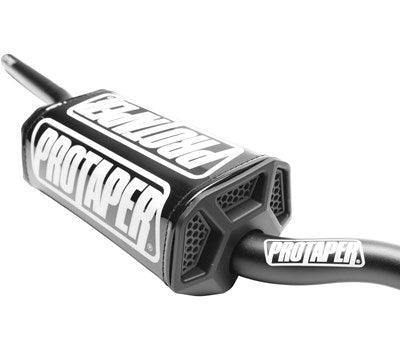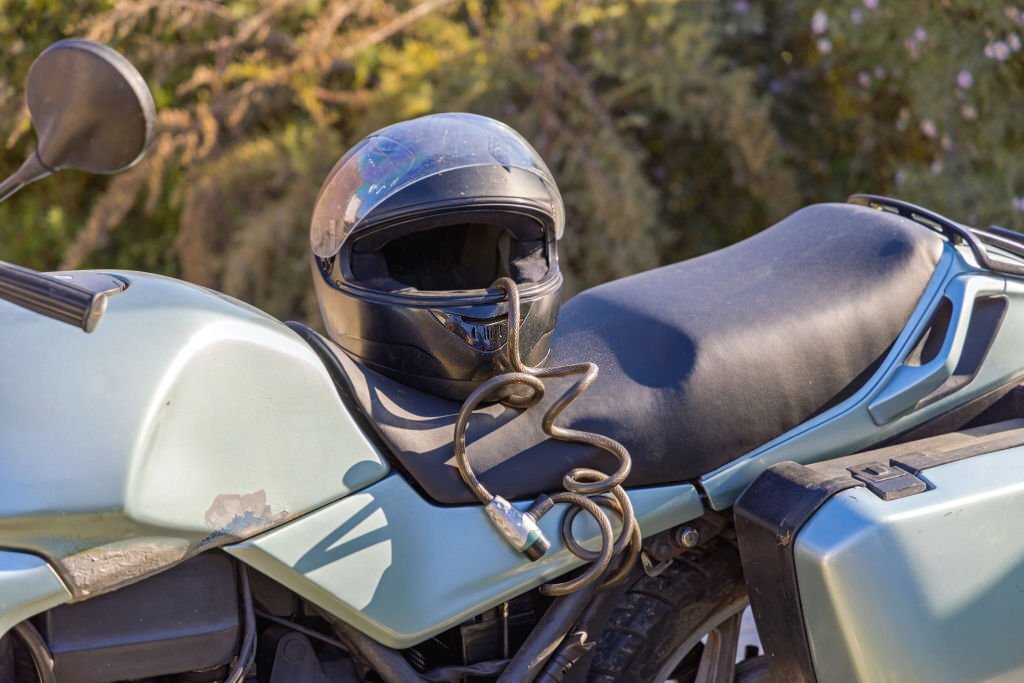A large proportion of the world’s motorists are motorcycle riders, and they all require an essential piece of protective headgear for maximum safety – a helmet. They increase our periphery when riding and provide us with crucial protection.
Helmets for riders are like shoes for feet; you should never leave the house without them. It’s the only piece of equipment that protects you from suffering from a serious injury if you get into an accident. Honestly, it’s a life-saving apparatus and in many parts of the world, it’s illegal to ride without one.
Depending on where you live, Bluetooth-compatible helmets might be prohibited, but how do New Zealanders fare with the legality of these types of helmets?
The following article answers this exact question, as well as touches on what the laws surrounding Bluetooth motorcycle helmets are and why they’re banned in other countries.
So, take a seat and roar through this article at full throttle.
The Legality Around Bluetooth Motorcycle Helmets
Motorcycle road laws have significantly changed over the years and in turn, this has changed the manufacturing style of many motorcycle helmets.
Modern helmets are kitted out with incredible integrated Bluetooth technology that’s used for communication, but how legal are these types of helmets? What’s more, can you add Bluetooth to a motorcycle helmet if it doesn’t have the built-in function?
The answer is a complicated one.
Currently, the safety laws have no ruling against Bluetooth or communication devices inside a motorcycle helmet. However, these laws prohibit the modification of your existing helmet by drilling holes to accommodate a Bluetooth device or any other accessory.
Fitting a Bluetooth device without having to drill holes or change the physical structure of your helmet is legal. Clamping or sticking a Bluetooth device inside your helmet's shell is the way to add Bluetooth compatibility without breaking the law.
In fact, many police motorcycle riders have Bluetooth devices and action cameras fitted to their helmets for communication and recording infringements.
The rule of thumb is that if these Bluetooth helmets don’t distract you then you have the green light. Unlike your car's radio, the best way to listen to music while riding a motorcycle is to not listen to music at all. This is a distraction.
However, we all know that listening to some tunes when you’re on the road is a great way to enjoy the freedom biking gives and that so many of us are looking forward to on our weekend rides. If you do want to listen to music on the road, Bluetooth helmets are the safest way to do it.
It’s a much safer way of riding than using headphones or earbuds while on a motorcycle.
So, the simple answer to this question is that you’re allowed to travel with Bluetooth motorcycle helmets, but you cannot physically change the structural integrity of your helmet. However, new laws seem to suggest that modification will no longer be allowed in all forms.
The New Proposed Law
Understanding the safety laws and regulations can be a bit confusing. Even police officers seem to struggle with the interpretation at times.
The new helmet regulations coming into effect in 2023 suggest that you will no longer be able to fit any Bluetooth device, intercom, or camera to a helmet after purchasing it.
The proposed law aims to ensure that the original manufactures helmet design and specifications aren’t tampered with and keep all of its structural integrity.
Any accessories or modifications must be fitted in accordance with the manufacturer’s specifications. This means you would need to purchase a helmet that already includes a Bluetooth intercom or mount for an additional accessory such as a sound system or camera.
Manufacturers will need to test helmets with any additional accessories to ensure that they still meet the standard safety regulations. That being said, all accessories fitted after a helmet purchase needs to be approved by the authority.
Thankfully, most helmet manufacturers have built-in Bluetooth and intercom systems, so you won’t need to worry about fitting one yourself and having to go through the process of having it approved.
The best motorcycle helmets with Bluetooth are the Nolan N87 and the X-Lite X1004 Ultra. They both have built-in Bluetooth communication so you can communicate and follow GPS directions during your travels. You can find a wide range of DOT and ECE-approved helmets on the Moto1 website.
We also have a wide variety of safety-approved Bluetooth devices that are compatible with most helmet brands. They can be easily placed within the interior shell of your helmet without having any protrusions from the outer shell itself. Moto1 stocks all motorbike gear from helmets to motorcycle gloves.
Know The Law
In the United States, you aren’t legally required to wear a helmet when you’re riding a motorbike. However, unlike in the USA, in New Zealand, it’s against the law to travel without a helmet when riding a motorcycle, moped, an all-terrain vehicle, or a sidecar.
Furthermore, the New Zealand law not only protects riders but also passengers, as they are also required to wear a helmet that can be fastened during motorcycle travels.
However, there are sections in the law that states that you can’t wear just any type of helmet. Remember, a helmet is there to protect your head from smashing on the hard tarmacked road, and these laws have taken these into account when deciding on the eligibility of different motorcycle helmets.
In NZ, an approved helmet must have a detailed sticker on it, usually located inside the helmet or the outside back of the helmet near the base. This sticker shows that the helmet meets an approved safety standard. This sticker must never be removed, as there’s a chance that your helmet could get inspected during a routine stop.
Safety Standards
There are several international standards and only two apply to New Zealand motorists.
The first safety standard is the general standard for New Zealand, and it’s known as the New Zealand Standard NZS 5430: Protective helmets for vehicle users.
The second law that applies is the European Law, as European helmets can be purchased in New Zealand. The European law is commonly known as the UN/ECE Regulation No. 22: Protective helmets and their visors for drivers and passengers of motorcycles and mopeds.
These two laws, along with the others, are put in place to protect riders and passengers. In simple terms, these laws state that no matter what, a motorcycle rider must always wear an approved helmet that can be securely fastened during travel.
This same rule also applies to the passenger. You are legally not allowed to ride your motorcycle if your passenger isn’t wearing an approved helmet. Thankfully, approved helmets can be easily spotted by their stickers and respective icons.

Conclusion
Helmet safety regulations and laws continue to change, and we riders have to adapt to these changes as they come.
Thankfully, these changes don’t ban us from using Bluetooth-equipped helmets, but rather aim to ensure the safety of drivers during their travels. Overall, Bluetooth motorcycle helmets are safe and don’t pose any additional dangers while riding your bike.
It‘s important to be cognizant of the laws and regulations in place to ensure that there are no complications when riding with a Bluetooth motorcycle helmet.
However, in the case of a run-in with the law during a routine stop, it’s important to know where your safety approval sticker is located on your helmet and the rights that you have as a driver.
If you’re looking to get an integrated Bluetooth motorcycle helmet, or any other additional parts for your biker needs then visit Moto1. We can also show you how to install an intercom in your motorcycle helmet.
So, once you find your desired helmet, strap it on and enjoy the long road and the roaring sounds of your motorcycle's engine.
If you enjoyed this piece, consider checking out other blogs:
- Can You Listen to Music While on a Motorcycle?
- How to Choose a Motorcycle Helmet?
- Are Expensive Motorcycle Helmets Worth It
- How Much Should I Pay for a Motorcycle Helmet
- Are Open-Face Motorcycle Helmets Safe
- Are MIPS Bike Helmets Safer?
- Best Kids Motorcycle Helmet
- Best and Safest Motorcycle Helmet
- Best Motorcycle Helmet for Women
- Best Motorcycle Helmet for Cruisers
- Best Motocross Helmet Under $300
- Best Budget Full Face Motorcycle Helmet
- Best Open Face Motorcycle Helmets
- Best Dual Sport Motorcycle Helmet
- Best Motorcycle Helmet Color for Visibility








